
By Q Radio News
Only a third of people referred for an urgent appointment for suspected breast cancer in March were seen within the 14 day target, according to new figures published today.
Of 1,530 patients seen by a specialist after an emergency appointment, only 508t were seen within two weeks.
The rate of people waiting longer than fourteen days has shot up since March last year, when more than eighty per cent of patients were seen within the time frame.
Only a third of people referred for an urgent appointment for suspected breast cancer in March were seen within the 14 day target, according to new figures published today.https://t.co/rfCSsXi8gN
— Q Radio News (@qnewsdesk) June 24, 2021
New referrals for urgent appointments linked to suspected breast have shot up in the same period - in March 2021, 2,380 new referrals for potential breast cancer diagnoses were received- almost 1,000 more than in March 2020 when the figure was 1,476.
The Ministerial Target on waiting times for a first assessment with a breast cancer specialist states that, ‘During 2020/21, all urgent breast cancer referrals should be seen within 14 days’.
Today it was announced that an extra £31.5 million of funding is being ringfenced to reduce the spiralling waiting times across the health service here.
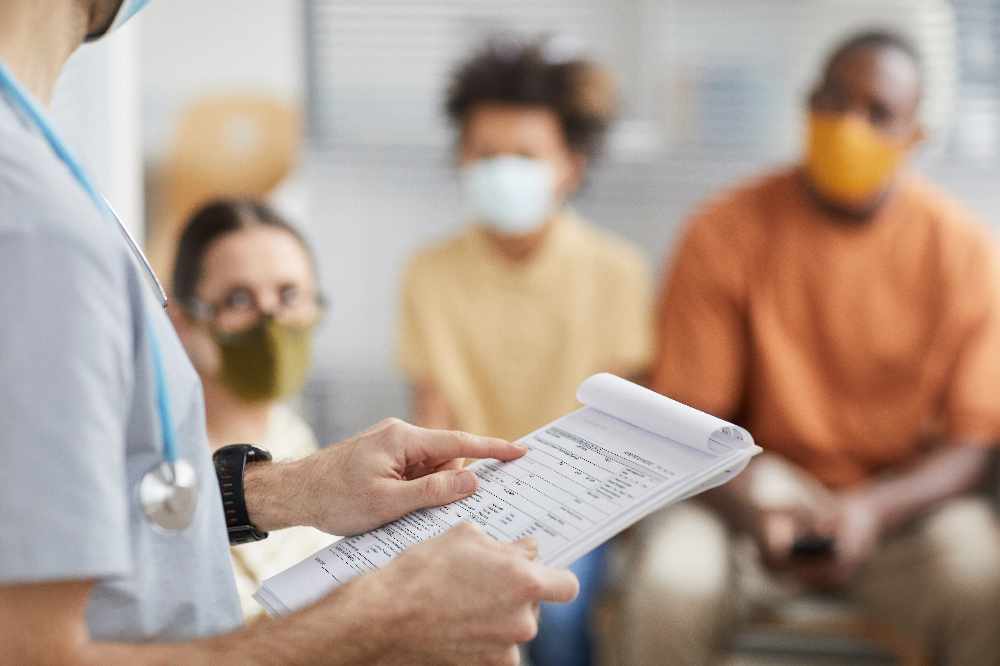
(Ministers at Stormont have announced a ring-fenced lump sum to deal with the escalating crisis)
Commenting on the publication of cancer waiting times statistics today, Alasdair O’Hara, Policy and Public Affairs Manager for Macmillan in Northern Ireland said:
“Yet again, these statistics demonstrate the crisis that the Northern Ireland health and social care system is in. It’s groundhog day for people living with cancer and their loved ones.
"We are in a state of waiting – for cancer treatment; for investment in services; for urgent plans to rebuild cancer care. In his recent Elective Care Framework, Minister Swann said that ‘the time for talk is over’. We agree. It’s time for the Executive to act.”
Alasdair O'Hara, Macmillan NI speaking to Q Radio
It comes as the Health Minister publishes a three-year blueprint for rebuilding cancer care in Northern Ireland.
The recovery plan sets out a series of short and medium term initiatives to enhance services badly affected by the COVID-19 pandemic.
The Department is currently finalising a 10-year Cancer Strategy for Northern Ireland.
The plan published today also reflects the central aims of this longer-term strategy and will focus on the initial three year period - from now until 2024.
The Health Minister stated: “Similar to countries right across the world, the COVID-19 pandemic has had a devastating impact on health and social care services in Northern Ireland. Despite the best efforts of the HSC system and clinicians to protect the most important services, unfortunately it wasn’t always possible.
"This recovery plan sets out the immediate steps needed to begin repairing the damage and building better services for the future.
“Restoring and stabilising cancer services has been a particular priority for my Department.
"Whilst there is still much work to do, good progress has already been made in some areas. We are now providing more breast screening sessions than we were before the pandemic, more CT sessions per week have been commissioned and we are constantly better utilising surgical and diagnostic capacity right across the system. "
Objectives detailed in the cancer recovery plan include:
- ensuring all patients living with cancer feel supported across their pathway and have access to a Clinical Nurse Specialist, appropriate psychological support, information and signposting to other services.
- increasing screening capacity to address backlogs that have been created as a consequence of the impact of COVID-19 on screening and diagnostic and treatment services and to plan for the introduction of primary HPV testing into the NI Cervical Screening Programme in 2022/23.
- addressing the pandemic impact on cancer referrals through the delivery of a formal public awareness campaign encouraging people to consult their GP with signs and symptoms of cancer.
- investing in cancer services and enabling new, more sustainable, models of care that will be resilient to potential future surges of COVID-19 and to the projected increase in cases of cancer. This will include developing sustainable, high-quality services in the fields of imaging, pathology, colposcopy and endoscopy.
- adopting a regional approach for Northern Ireland, where appropriate, to ensure patients receive equitable access to diagnostics, care, treatment and support.
- creating smoother and more efficient patient pathways from initial referral, through diagnosis and treatment encompassing the appropriate care and support during and after treatment with the aim of improving cancer waiting time and patient outcomes and patient experience.
Although cancer survival in Northern Ireland has improved over the years, it still lags behind other comparable countries both in Europe and internationally. Early diagnosis is vital if we are to improve cancer outcomes.
There is a clear need to take action to recover our referral rates and to do what we can to smooth referral pathways so that we can support more timely care.


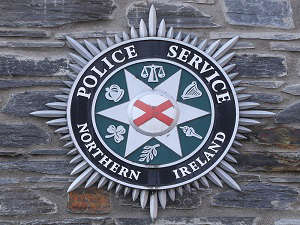 Teenage girl killed in road crash named as Kamile Vaicikonyte
Teenage girl killed in road crash named as Kamile Vaicikonyte
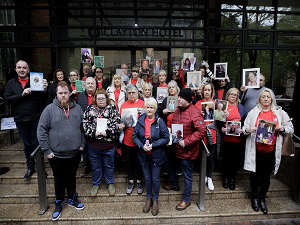 Covid-19 inquiry ‘an opportunity for candour’ from Stormont leaders
Covid-19 inquiry ‘an opportunity for candour’ from Stormont leaders
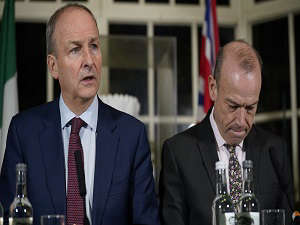 UK and Irish ministers to meet amid row over migration
UK and Irish ministers to meet amid row over migration
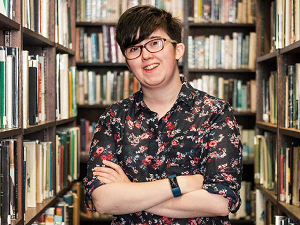 Three men set to go on trial for murder of journalist Lyra McKee
Three men set to go on trial for murder of journalist Lyra McKee
 Swann refuses to rule out resigning if budget is not changed
Swann refuses to rule out resigning if budget is not changed